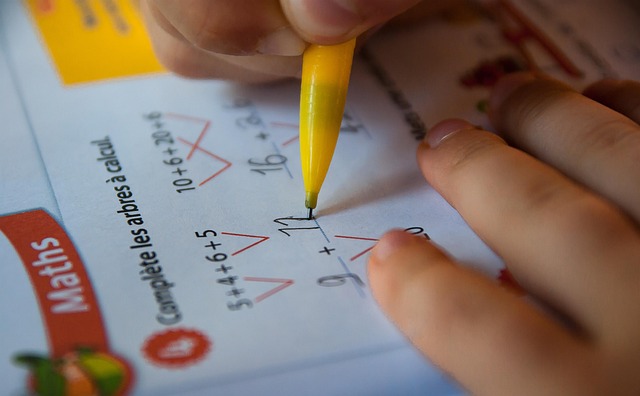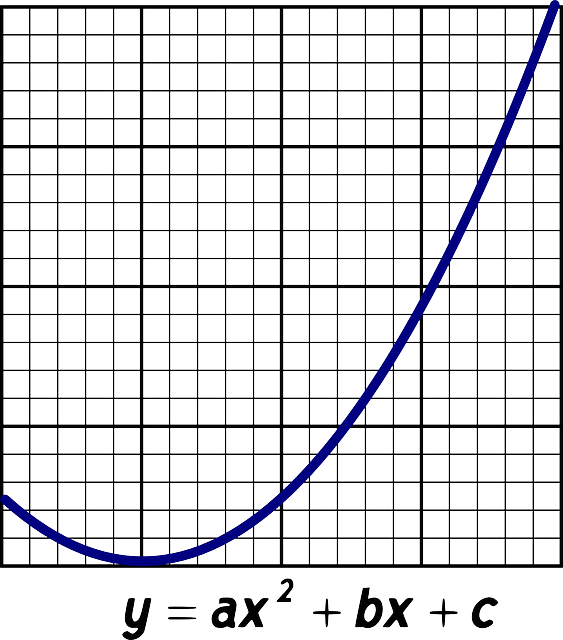Probability distributions are essential in the math of online casinos, ensuring fair gameplay and player satisfaction. From binomial to Poisson models, these tools simulate random events, determine winning combinations, and maintain consistent expected payout percentages. Key distributions like Normal and Binomial shape games like roulette, slots, poker, and blackjack, offering strategic insights for players while providing a regulated gaming experience in the digital landscape.
Probability distributions are the backbone of understanding random events, shaping outcomes from weather patterns to stock market fluctuations. This article delves into the core concepts of these mathematical tools, starting with a foundational exploration of how they model chance. We then delve into the fascinating application of probability in online casinos, where sophisticated algorithms govern game outcomes and create thrilling experiences. Along the way, we’ll unravel common distributions like Normal and Binomial, equipping you with insights into their real-world implications.
- Understanding Probability Distributions: The Foundation of Random Events
- Math of Online Casinos: Applying Probability to Game Outcomes
- Unraveling Common Distributions: Normal, Binomial, and More
Understanding Probability Distributions: The Foundation of Random Events

Probability distributions form the bedrock upon which we understand and model random events, making them an indispensable concept in both theoretical mathematics and real-world applications like the math of online casinos. At their core, they describe the likelihood of different outcomes in a range of possible results, offering a structured way to quantify uncertainty.
In the context of online casinos, probability distributions are used extensively. For example, when spinning a slot machine, the outcome of each spin is inherently random. Probability distributions model this randomness by assigning probabilities to each possible outcome—a red seven, a bar symbol, or any other result. This allows casino game developers to ensure fairness and balance, as well as to design games with specific volatility levels to attract different types of players.
Math of Online Casinos: Applying Probability to Game Outcomes

The Math of Online Casinos: Unveiling the Probability Behind Game Outcomes
Online casinos, with their digital tables and virtual slots, rely heavily on probability distributions to ensure fair gameplay. These mathematical models govern the likelihood of different outcomes, from rolling a die to spinning a reel. By understanding probability, casino operators can create games that offer players an equal chance of success while maintaining profitability.
Probability distributions, such as binomial or Poisson, are employed to simulate random events. For instance, in a slot machine game, the distribution dictates the frequency and pattern of winning combinations. This ensures that, over time, the expected payout percentage remains consistent with the advertised rate. The math behind these distributions allows for precise calculations of odds, providing a foundation for regulated and transparent online gambling experiences.
Unraveling Common Distributions: Normal, Binomial, and More

In the realm of probability theory, understanding various distributions is key, especially within the context of the math of online casinos. Unraveling common distributions like Normal and Binomial offers valuable insights into random phenomena. The Normal distribution, with its bell-curve shape, often models continuous outcomes, such as measurements or test scores, where data tends to cluster around a mean. Online casinos leverage this understanding for fair gaming; random number generators (RNGs) are designed to produce outcomes from a Normal distribution, ensuring fairness in games like roulette and slots.
The Binomial distribution, on the other hand, is instrumental in scenarios involving discrete trials with binary outcomes, such as coin flips or success/failure probabilities. This distribution’s applicability extends to casino games like poker and blackjack, where strategic decisions are based on probability calculations. By studying these distributions, mathematicians and casino enthusiasts alike can navigate complex odds, uncover patterns, and even develop strategies, making the math of online casinos a fascinating intersection of theory and practice.
Probability distributions are the backbone of understanding random events, as demonstrated by their pivotal role in the math of online casinos. By applying these concepts, we can predict and analyze outcomes in various games, from slots to blackjack. Whether exploring common distributions like Normal or Binomial, or delving into more complex scenarios, this knowledge equips us to make informed decisions and navigate the exciting yet unpredictable world of online gaming with a deeper appreciation for the underlying math.






